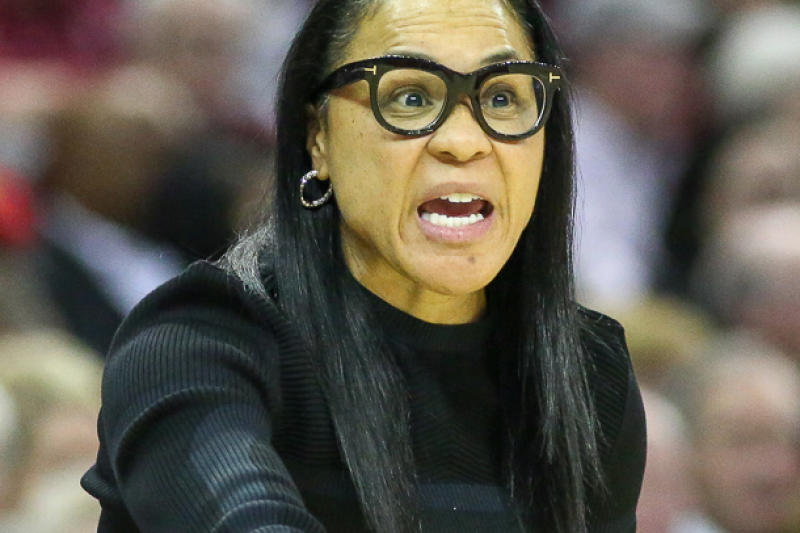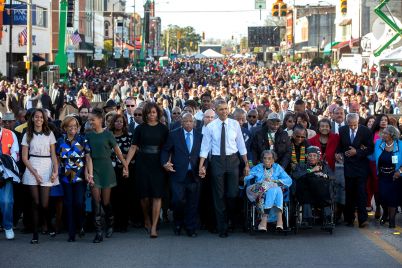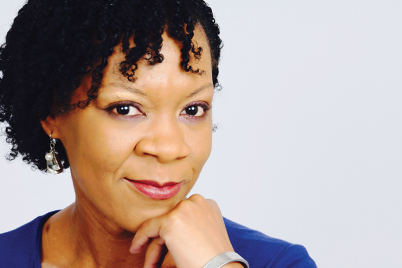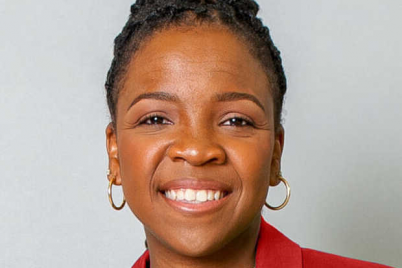Dawn Michelle Staley is an American basketball Hall of Fame player and coach who is currently the head coach for the South Carolina Gamecocks. [Photo: Gamecock Central CC BY 2.0]
BY KEISHA BELL | Visionary Brief
The question of “What do you want to do?” can be dangerous. It can be likened to ordering a full-course meal from an appetizer menu. While committing to reaching goals provides focus, it can also be restrictive if you are not careful.
Life sometimes provides opportunities to increase your vision via the insight of others– sometimes strangers — who can see the potential you have yet to explore. Why not, at least, consider the full menu?
Meet Dawn Michelle Staley, a basketball Hall of Fame player and coach and a three-time Olympic gold medalist. Born May 4, 1970, Staley has numerous accolades. After graduating from the University of Virginia, she played basketball professionally overseas in the American Basketball League, as well as in the WNBA. On March 10, 2017, Staley was named head coach of the USA national team.
While playing in the WNBA, Staley was recruited by Temple University’s athletic director to coach its women’s basketball team. At the time, she was not shy about letting him know she was uninterested. He saw a “coach” in her, even when she did not.
After being challenged by friends, Staley took the coaching job at Temple. Six years later, she led its program to six NCAA tournaments, three regular-season conference championships and four conference tournament titles. Other schools were watching.
In 2008, Staley was named the University of South Carolina women’s head basketball coach. She took its losing program to a national number-one ranking in 2014. So far, Staley has led South Carolina to four SEC regular season championships, four SEC tournament championships, six Sweet 16s, two Final Fours and the program’s first NCAA Women’s Basketball National Championship in 2017.
Staley could have ordered the house special, but instead, she now considers the full menu. By doing so, she is using her platform to maximize opportunities for others — both on the court and along the sidelines. Staley speaks about issues that are whispered.
One such issue is the lack of black female basketball coaches. During a discussion with four other coaches on The Players’ Tribune media outlet, she said. “It was popular maybe 10 years ago to hire a black coach. And then, if you fast forward 10 years, it’s no longer popular. It’s mind-boggling to me.”
Such trends are not limited to basketball, yet finding dialogue about them seems far from trendy. If, however, people were courageous enough to address these challenges, diversity and inclusion could be achieved and maintained.
In that same discussion, she said, “The biggest challenge [at the University of South Carolina] that you face is other people’s perception…and you are stuck with fighting against a history.”
That experience is a shared one that crosses professional industries and, many times, personal lives. Imagine fighting against history while pursuing progress. It can be difficult, especially without a steadfast, trusted support system.
In preparing for opportunities, especially when entering spaces with limited or no racial or gender diversity, some believe “dressing the part” will help in gaining entrance and access. It may, but Staley provides deeper awareness.
“It’s a tough position to be in,” she says, “because you look differently than who is sitting across the desk. And you can “look the part”; You can dress the part, but you are still at a disadvantage. When you are at a predominantly white university, people often don’t know how to work with you. You can be intimidating to some people, and all you’re trying to do is carve out a space in which you can be successful.”
Staley offers the following advice:
“…it’s about being you. I’m not going to be anybody else but me…I’m just going to be as honest as I can be, and hopefully, people respect honesty.”
Do you respect honesty?
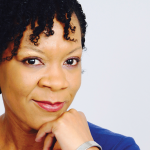
Keisha Bell
Staley was raised in a tough part of North Philadelphia. Like so many others, regardless of race and gender, all she wanted was an opportunity. Along the way, Staley said, “You have to be prepared for a lot of ‘noes,’ and you can’t stop because it’s a ‘no.’ You just have to figure out a way to get them to say ‘huh,’ not ‘yes,’ but ‘huh.’”
That is what is on her menu. Are you ready to place an order?
Keisha Bell is an attorney, author, and public servant.

